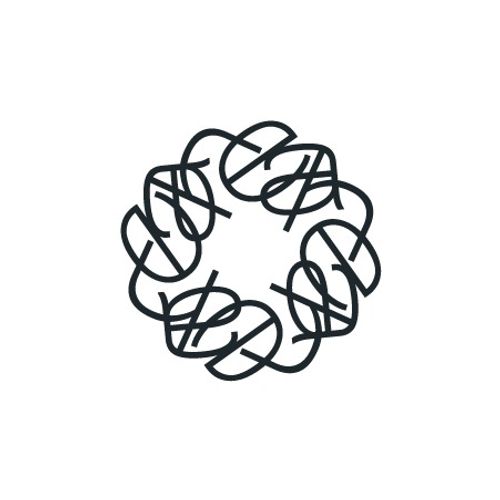Episode 113
AI-driven Morphology in Hematology
In this podcast episode, we will explore the application of artificial intelligence to morphological diagnosis in hematology. Listening to our host, Dr Mahesh Prahladan (University of Suffolk, UK) you will learn how innovative machine learning and deep learning models have led to the development of AI systems that have been applied in various areas of hematology, including digital pathology.
As these systems have shown promise in improving diagnostic accuracy and efficiency, they also have a potential for enlarging accessibility to precise diagnostics, through remote digital morphology, and have potential applications in the prognostic stratification of patients.
According to Dr Prahladan, we are not ready to dispose of our microscopes yet, but automation may become a useful and time-saving tool in the hands of morphologists.
Host: Dr Enrica Orsini
Guest: Dr Mahesh Prahladan
Learn More
What did you think of this podcast? Share your opinions with us in this short feedback survey.
Would you like to explore more eLearning or podcasts? Please visit the EHA Campus.
Subscribe, share, and review this podcast to be able to address topics you enjoy and like to listen to.
Follow EHA on Instagram: https://www.instagram.com/EHA_Hematology/
Facebook: https://e-h-a.link/facebook
LinkedIn: https://www.linkedin.com/company/eha/
Email us: education@ehaweb.org
Subscribe to receive the EHA Educational Updates via https://eha.news/subscribe

